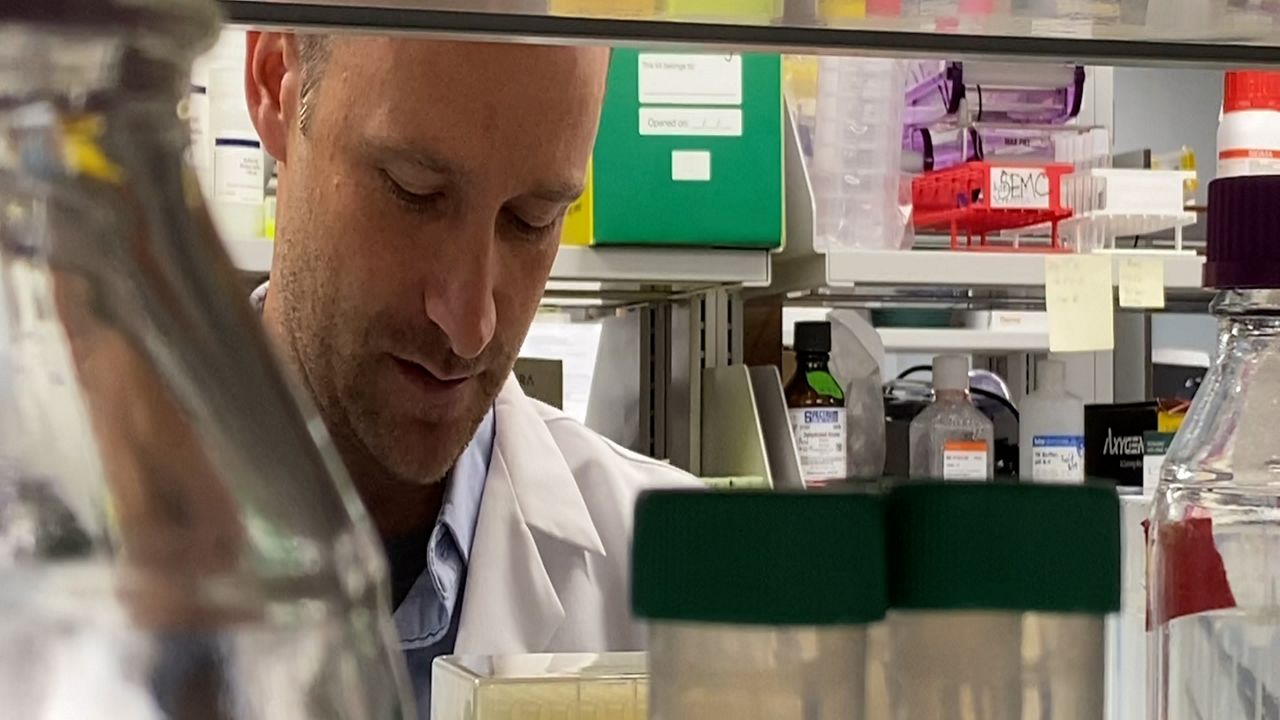A five-year study looking into the genetic risks associated with cardiac arrhythmia has been awarded a $3.9 million grant from the National Institutes of Health.
Dr. Nathan Tucker, the assistant professor of biomedical research and translational medicine at Masonic Medical Research Institute in Utica, is leading the project.
“It's important to me that we can do this research right here in the Mohawk Valley, that we can get these grants right here in the Mohawk Valley, and help support people who want to come here to work in my group and others, but also people from here that hopefully don't have to take the 15-year journey that I did before they come home," said Tucker.
What You Need To Know
- The National Institutes of Health has awarded a $3.9 million grant to a project at Masonic Medical Research Institute
- It’s for a project looking into the genetic risks associated with cardiac arrhythmia
- Understanding how genetics plays into the risks could then help create more specific therapies
Tucker said cardiac arrhythmia happens when electrical signals in the heart don’t work properly, affecting the way the organ contracts. The research will address locations in the genome that are linked to arrhythmia risk.
"There are severe genetic contributions to cardiovascular diseases, like the ones you see in early childhood or early onset conditions for people developing severe cardiovascular disease in your 30s and 40s. On the other hand, there's these weaker genetic effects that are found in all of us. They're common. And whatever combination of those you have in your genetic code can contribute to your risk of disease," he said.
Understanding genetic risks, as well as how they occur, could lead to the development of more specific therapies.
“Hopefully in the future, you have a drug that's targeted to your form of atrial fibrillation, for example, instead of the general disease,” Tucker said.
Tucker said it was a highly competitive process to receive the multimillion-dollar reward.
The institute also researches neurocognitive and autoimmune diseases.





